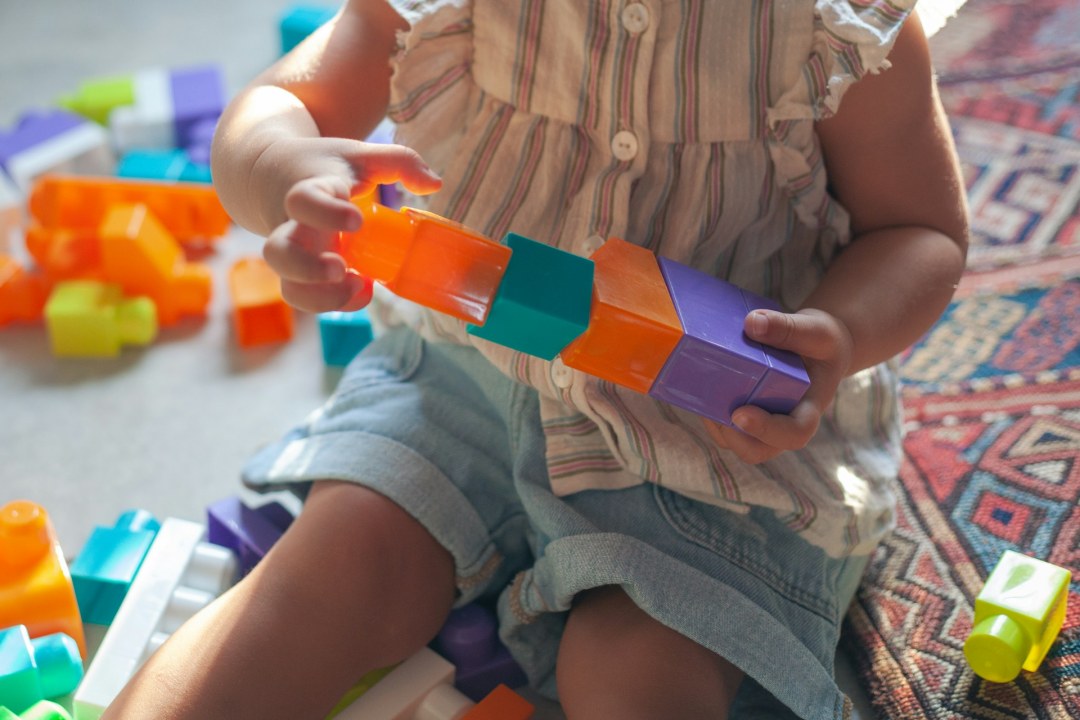Play is often considered an impractical activity that should only be engaged in for recreational purposes. Nevertheless, mental health professionals are discovering that play is an essential element of human happiness and a form of communication for children. Play is an enjoyable activity that elevates an individual’s mood, and can expand self-expression, self-knowledge, and self-efficacy. Furthermore, play is an additional language for children that they harness to relieve feelings of stress, connect with others, stimulate creative thinking, and regulate their emotions. Play therapy is a theoretically based approach that allows children to express their thoughts and feelings when they cannot use spoken language. Toys are a substitute for the child’s words, and playing is a language. A wide array of concerns such as behavioral issues, anxiety, depression, trauma, and difficulties in relationships can be addressed in sessions.
The primary benefit of play therapy is that it provides a space for children to play out their feelings and problems. This is compared to adult therapy where a client will “talk out” their difficulties. Since children are often unable to reflect upon their experiences verbally, this therapeutic method allows the counselor to understand the child’s world and perspective by watching their interaction with various materials.
Play therapy takes place in a therapy office that is equipped with a variety of play materials. The toys that can be found in the room are chosen to encourage the child client to express their feelings and develop healthier behaviors. This is done by allowing the child to use the toys and art materials to create a symbolic world. The play therapist will learn about the child’s inner thoughts and emotions by observing and analyzing the created world and the child’s interactions with the toys. This safe and protected space allows the client to work through deep wounds, fears, and tumultuous experiences. Additionally, play therapy brings attention to the inner machinations of the child’s mind to the child. This raised awareness allows the client to comprehend their true emotions, gain helpful perspectives, and learn methods to resolve the problem.
At LifeCare Counseling & Psychiatry, Cameron Garcia is ecstatic to bring the wonders of play therapy to the Wake Forest office. She will create a safe, inviting, and unique environment that will allow children and adolescents the opportunity to express themselves when words don’t cut it. Cameron is an Intern and offers a sliding scale (forms) so please contact (919) 851-1527 to schedule an appointment.
References
Gupta N, Chaudhary R, Gupta M, Ikehara LH, Zubair F, Madabushi JS. Play Therapy As Effective Options for School-Age Children With Emotional and Behavioral Problems: A Case Series. Cureus. 2023 Jun 7;15(6):e40093. doi: 10.7759/cureus.40093. PMID: 37425518; PMCID: PMC10328142.
Photo by Ana Klipper on Unsplash


